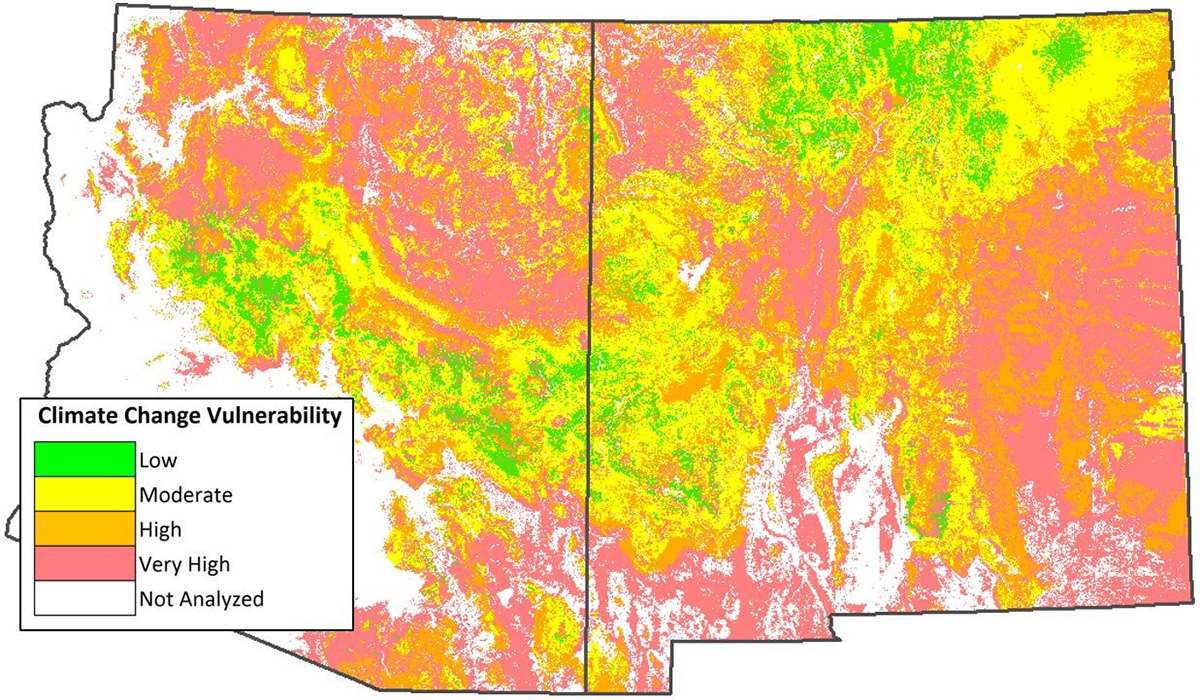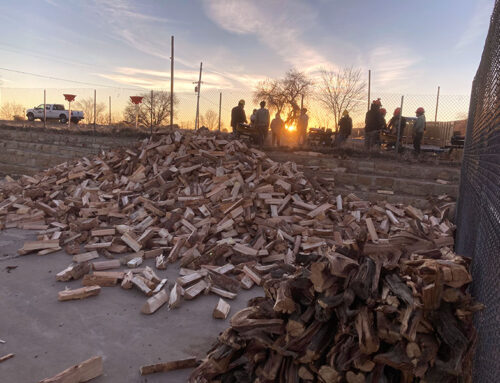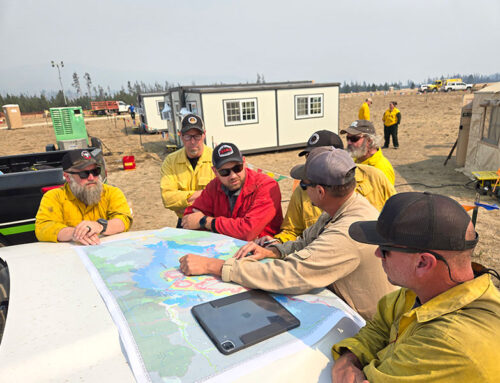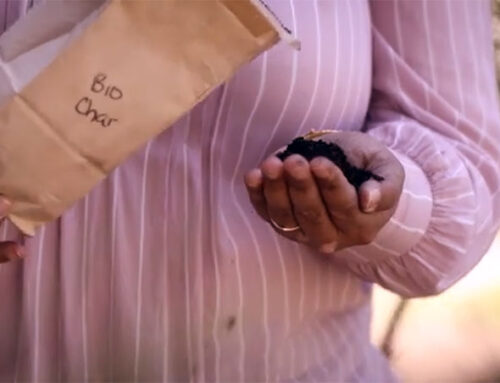Building a Climate Adaptation Strategy with the Forest Service
Climate change represents one of the most complex and unique challenges for natural resource management. In the Southwest, climate change contributes to changes we see across ecosystems, including in where and how fires burn through our systems, drought, habitat loss, and ecosystem type changes. In order to protect and enhance the ecosystems that provide life sustaining ecosystem services, management must be informed and guided by an understanding of the threats and impacts climate change poses.
The Ecological Restoration Institute is partnering with the US Forest Service Southwestern Region (R3) to help build the Regional Climate Adaptation Strategy. Our effort builds on the existing climate change science in the Southwest and will integrate with existing forest plans, the R3 analysis framework landscape-scale projects, and other conventions of the Southwestern Region.
A workshop in December 2020 highlighted the existing science on vulnerability assessments for our different resources — socio-economic, terrestrial, aquatic, and species-level vulnerabilities.
A workshop in March 2021 introduced concepts for adaptation, but also worked in breakouts to identify the vulnerabilities already being observed by our land managers in the field.
The ERI and R3 are also incorporating a landscape context into our adaptation strategies, and are interested in working across boundaries to capture learning from adjacent land owners. Our Forest service partners are committed to growing the existing network of National Forest employees who facilitate our agency’s response to sustainability and climate change. The outcomes of this work are intended to provide the resources and tools to support and facilitate the adoption of climate responses.




